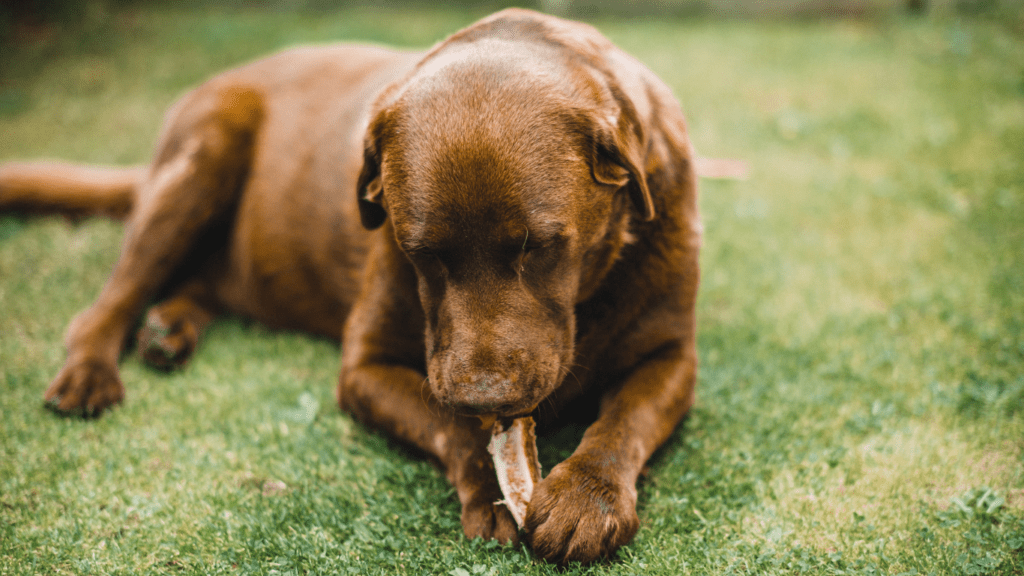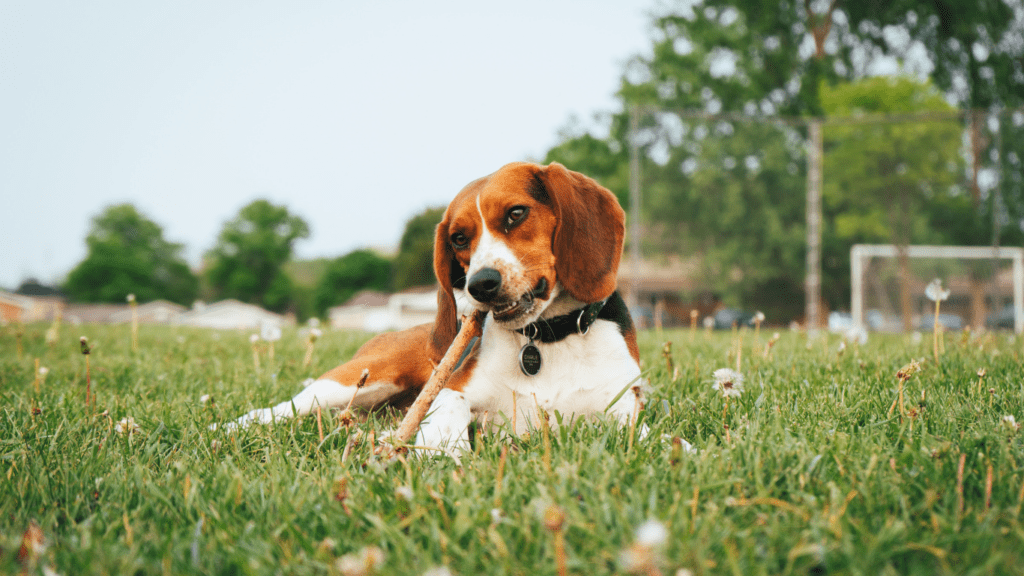As a pet owner, ensuring the well-being of our furry companions, especially as they age, is paramount. In a recent study, valuable insights have emerged regarding the optimal diet practices for senior pets. Understanding the specific dietary needs of aging animals is crucial for their overall health and longevity.
In this article, I’ll delve into the key findings of the study, shedding light on the best diet practices that can benefit senior pets. By following these recommendations, pet owners can make informed decisions to support their beloved companions’ health and quality of life in their golden years.
Let’s explore the tailored nutritional strategies that can make a significant difference in the well-being of senior pets.
Overview of Senior Pet Nutrition
Understanding the nutritional requirements of senior pets is crucial for maintaining their health and ensuring they lead a fulfilling life in their golden years. As our beloved companions age, their dietary needs evolve, requiring specific adjustments to cater to their changing bodies.
Proper nutrition plays a pivotal role in supporting the overall well-being of aging pets and can significantly impact their quality of life.
Senior pets, typically considered those in the last third of their life expectancy, may experience age-related issues such as reduced metabolism, declining organ function, and a greater susceptibility to certain health conditions.
To address these changes effectively, adapting their diet becomes essential. A balanced and tailored nutrition plan can help manage weight, support joint health, optimize cognitive function, and boost immune response.
When formulating a diet plan for senior pets, it’s vital to consider factors such as their breed, size, activity level, existing health conditions, and individual preferences. Consulting with a veterinarian is highly recommended to create a personalized nutrition strategy tailored to meet the unique needs of each aging pet.
By proactively addressing their changing dietary requirements, pet owners can play a proactive role in ensuring their senior companions enjoy a healthy and vibrant life.
Key Findings of the Study
As I delve into the key findings of the study, I uncover crucial insights that shed light on optimizing the diet for senior pets.
Impact of Age on Pet Nutrition
- Age-Related Dietary Changes:
Senior pets experience decreased metabolism and changes in organ function, requiring tailored diet adjustments to meet their evolving nutritional needs. - Optimal Nutrition for Aging Pets:
Understanding these age-related shifts is crucial for providing the best possible nutrition and maintaining the health of aging pets.
Recommended Diet Changes for Senior Pets
Addressing the dietary needs of senior pets is crucial to ensure their health and vitality as they age. Adjusting their diets based on age-related factors such as metabolism changes and declining organ function is essential for promoting their overall well-being.
By creating personalized nutrition plans tailored to factors like breed, size, and health conditions, pet owners can play a pivotal role in supporting the health of their aging companions.
Consulting with a veterinarian is strongly recommended to develop customized nutrition strategies that cater to the specific needs of senior pets. Understanding the impact of aging on pet nutrition is essential, as it unveils notable shifts in dietary requirements, including reduced metabolism and changes in organ function.
This knowledge underscores the significance of adapting the diet of senior pets to meet their evolving nutritional needs effectively.


 Noranna Frazieral has played a crucial role in shaping the content for Animal Potty Care, focusing on pet diet and wellness. Her deep understanding of pet nutrition ensures that the platform offers well-rounded guidance on maintaining a balanced and healthy diet for pets. Noranna’s contributions help pet owners make informed decisions about their pets' diets, promoting long-term health and well-being. Her input has made the platform a trusted resource for those looking to improve their pets' quality of life.
Noranna Frazieral has played a crucial role in shaping the content for Animal Potty Care, focusing on pet diet and wellness. Her deep understanding of pet nutrition ensures that the platform offers well-rounded guidance on maintaining a balanced and healthy diet for pets. Noranna’s contributions help pet owners make informed decisions about their pets' diets, promoting long-term health and well-being. Her input has made the platform a trusted resource for those looking to improve their pets' quality of life.